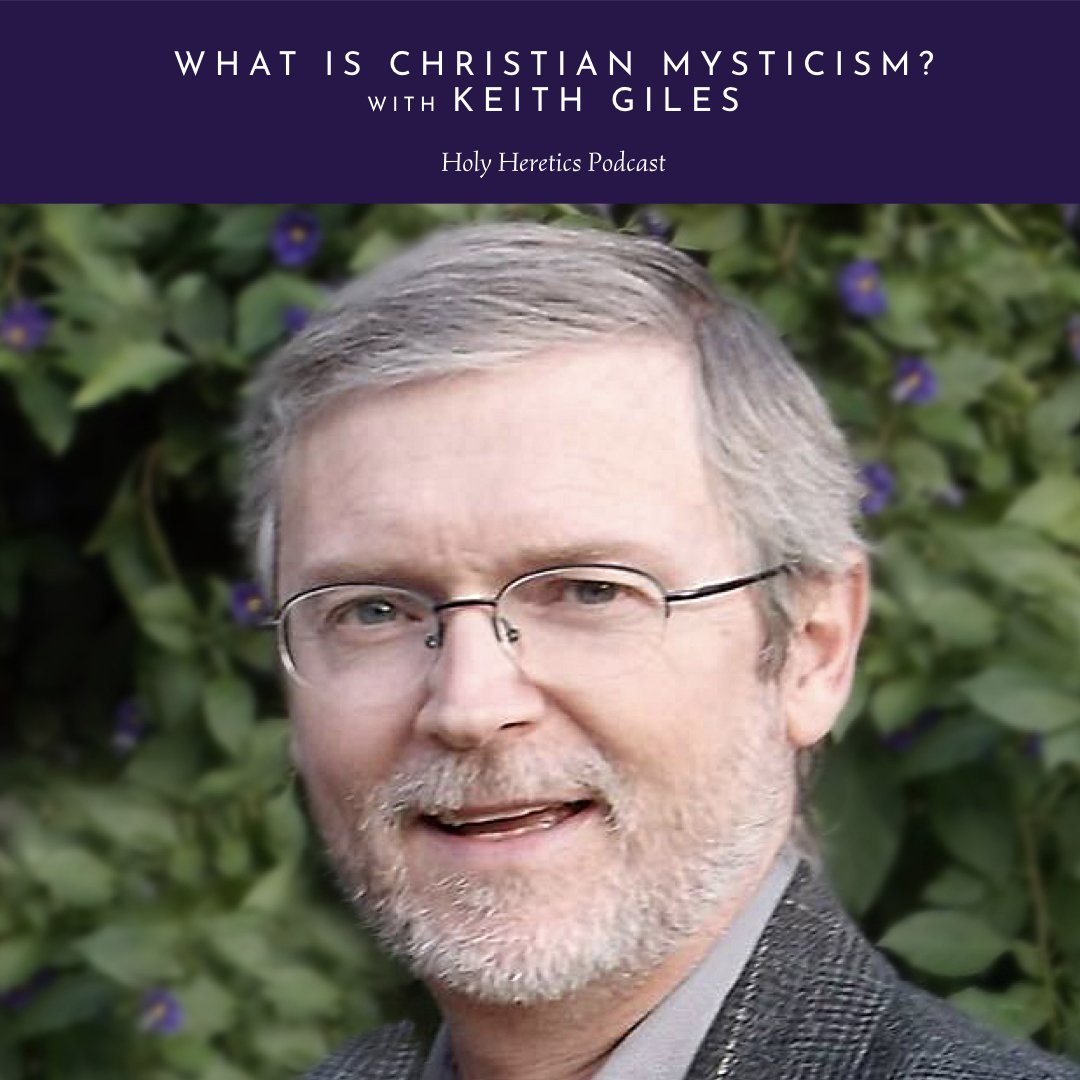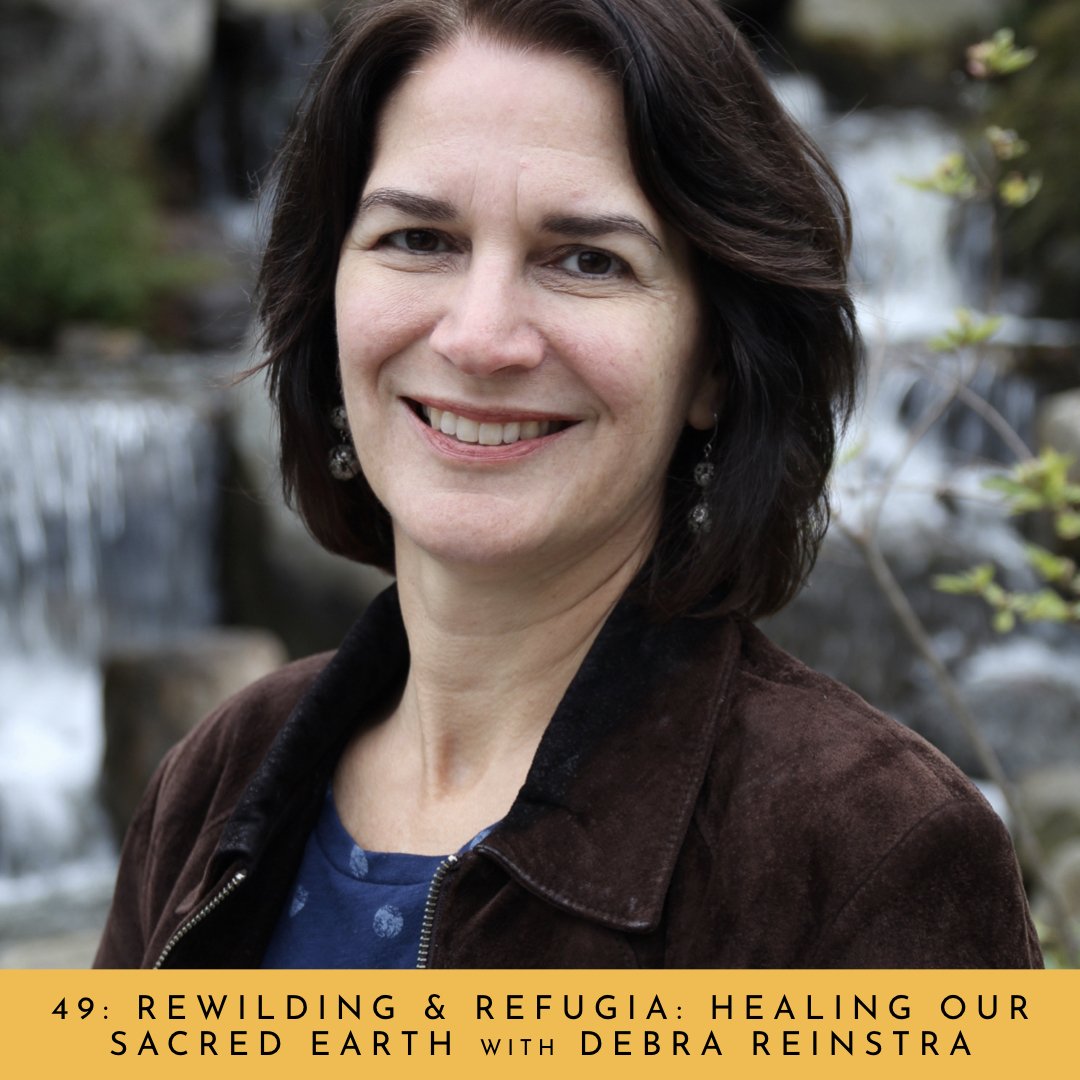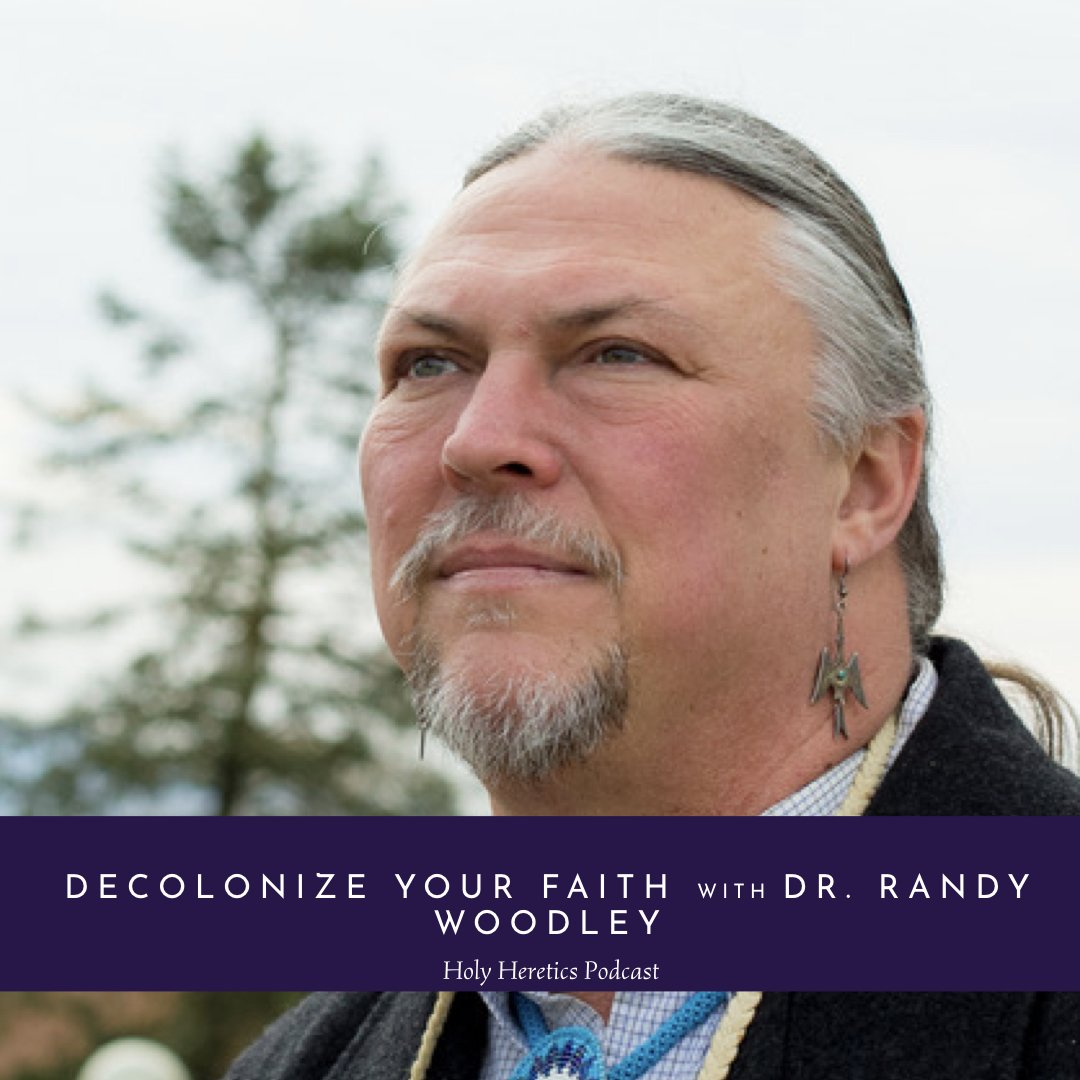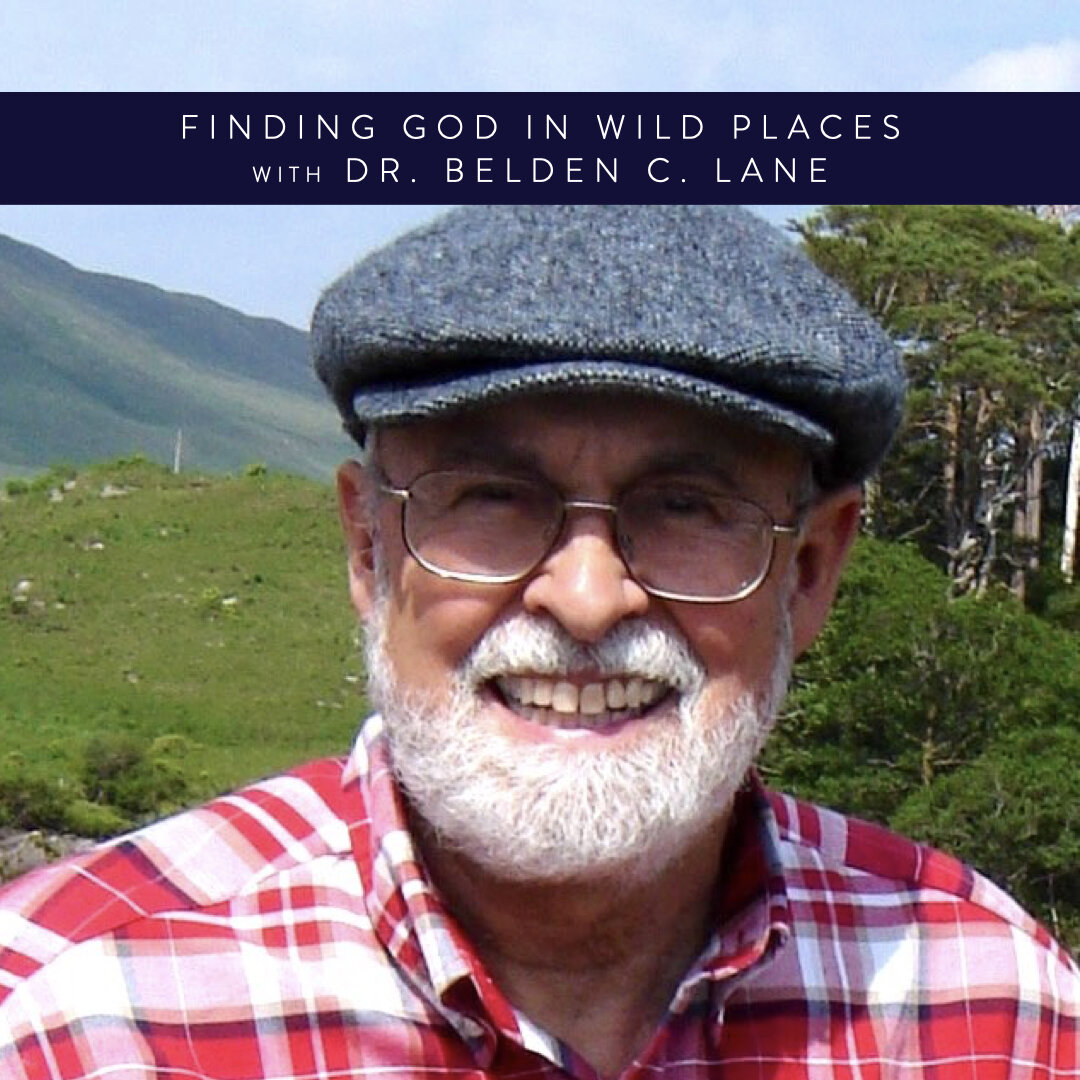What’s the Endgame of Faith Reconstruction?
I don’t quote a lot of Scriptures in this space for several reasons, mostly out of respect for the fact a weaponized use of the Bible has harmed many of us in the deconstruction community. Lobbing verses to prove a point makes my stomach turn and my head explode. However, in a recent podcast recording with faith deconstruction coach Angela J. Herrington, I remembered one of Jesus’ teachings that I believe speaks directly to a growth opportunity within the “exvangelical” community.
“No one sews a piece of a new material on an old one. Otherwise the new would tear, for the new piece does not match the old. And no one puts new wine into old wineskins. Otherwise the new wine will burst the wineskins, and it will be spilled, and the wineskins will be destroyed. But new wine must be put into new wineskins, and both are preserved.”
I believe faith deconstruction produces new wine, a fresh spiritual start, and an invitation to change our minds. To assume this needed transformation can take place within the same faulty system that got us here in the first place is nonsensical. We must change the container of our spirituality before filling it with something new. Pouring progressive ideas into a dualistic, ego-driven, fundamentalist operating system is spiritual malpractice. Or, as Albert Einstein quipped, “No problem can be solved by the same consciousness that caused it.” In a recent social media post, I put it this way:
It is becoming clear to me the end goal of faith deconstruction isn't merely trading one set of fundamentalist beliefs for more progressive beliefs (i.e. going from evangelical to Episcopalian). It is the holistic transformation of the self into a contemplative way of being, seeing, and believing. Otherwise, we remain dualistic, combative toward our former faith community, and ego-driven. Until the "exvangelical" community recognizes the need not only to dismantle harmful theology but to mature into the contemplative mind and heart, my fear is we will never really get that far in the journey. In the 1960's, Jesuit Father Karl Rahner stated Christians in the future would either be mystics, or nothing at all. Or as Richard Rohr has written, "Without a contemplative mind, we are offering the world no broad seeing, no real alternative consciousness, no new kind of people, no healing of past hurts." Otherwise, we are simply putting new wine into old wine skins.
Until we do the necessary work of pursuing a contemplative mind, “We only remain combative on the other side of the barbed wire fence we just painfully climbed over,” writes author and friend Jayne Jenkins McConnaughey. What is required is not merely deconstruction and reconstruction, but the entire overhaul of our egoic operating system. If we attempt to reconstruct faith without the deep, inner transformation of the false self, we will give the world nothing but a re-packaging of harmful ideas, aggressive behaviors, and fear-driven tactics. We need to change not only what we think, but how we think.
The end goal of your spiritual journey is up to you and God. Whatever you call it—enlightenment, salvation, transformation, healing—the point is personal transformation. This metamorphosis will come about not because you exchanged one set of beliefs with another, it will only happen through deep contemplation and the creation of the non-dual mind. As we discovered in a recent podcast conversation with monk and mystic Father Brendan E. Williams, contemplation is cultivating a new consciousness through deep silence, detachment, compassionate neutrality, and the releasing of the habitual thoughts, storylines, and emotional responses of the ego.
We need a new spiritual container. We need nothing less than the new, intoxicating wine of a renewed mind and heart.
What do you need on your spiritual journey? Does this resonate with you? From your experience, what are the limitations of merely exchanging one set of fundamentalist beliefs with a new set of progressive beliefs? I’d love to hear your thoughts in the comments below.
Gary Alan Taylor






The end goal of Christianity isn’t to sin less, it is to become just like Jesus. Theosis or deification is the transformative path we are asked to walk, its aim is nothing less that complete union with God.